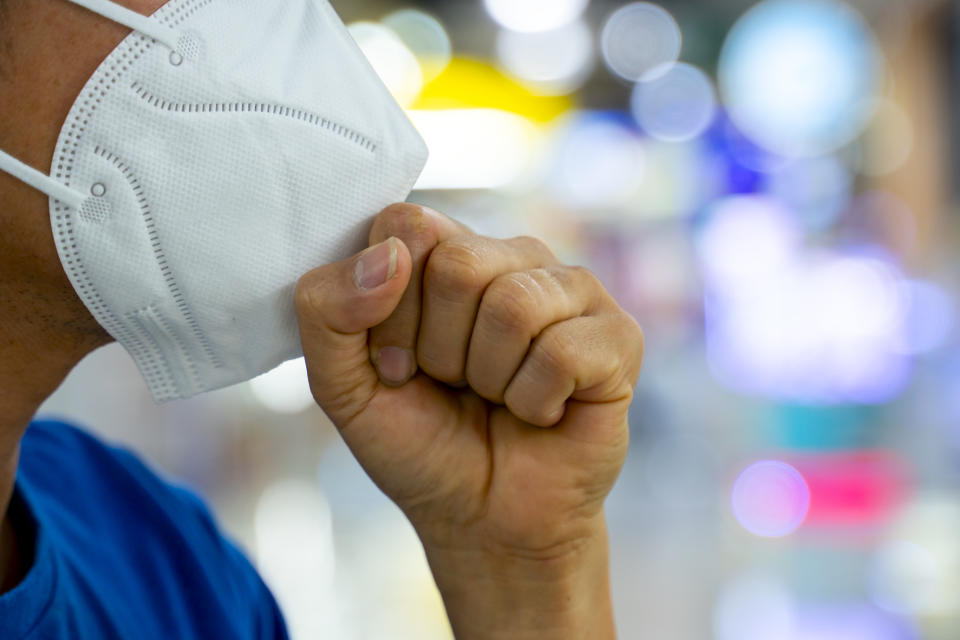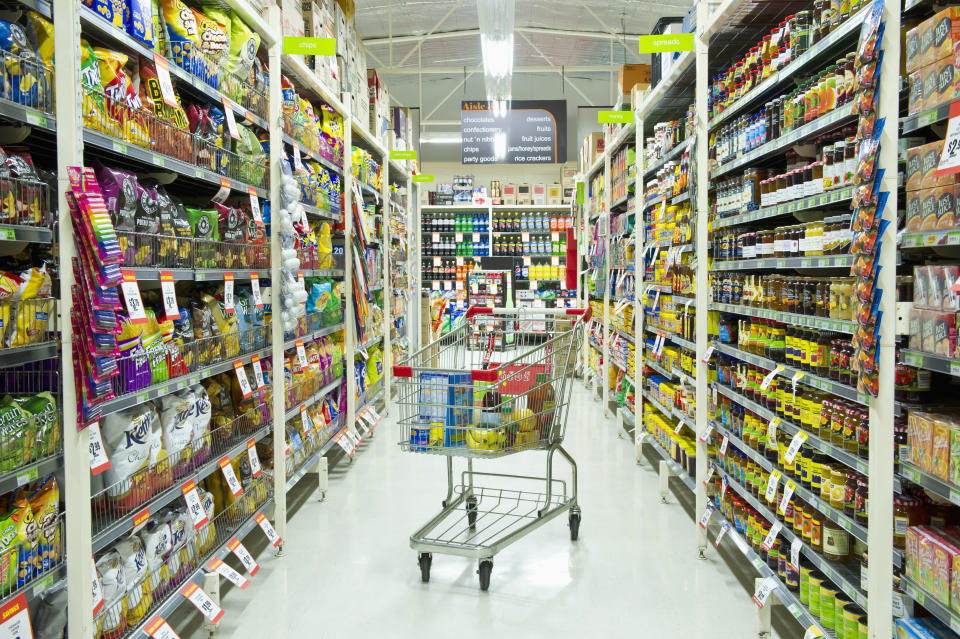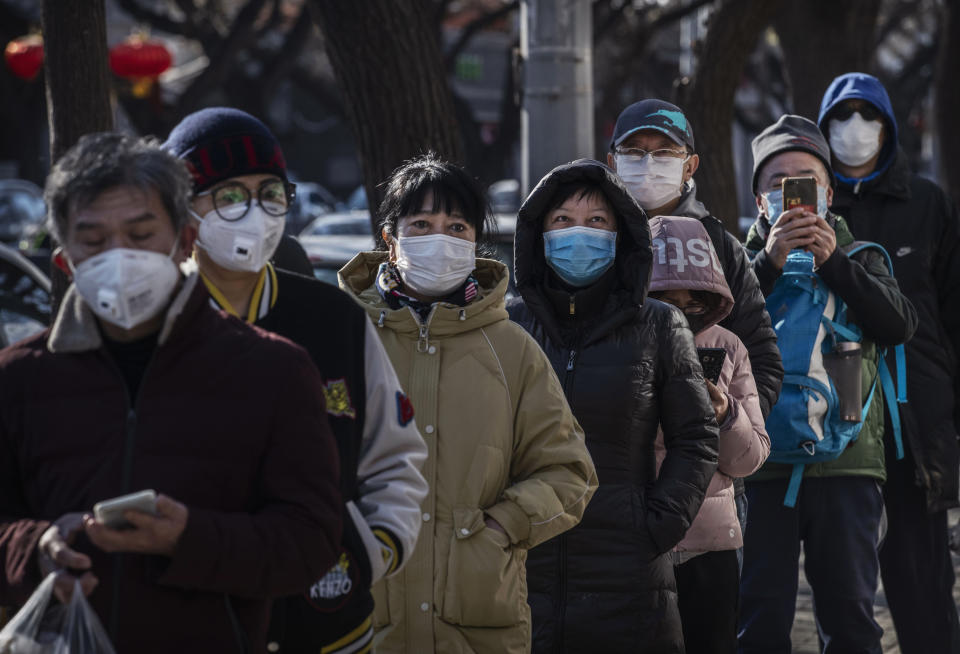Forget A2 Milk: Professional daigou shoppers buying up face masks to send to China

The professional shoppers dubbed daigou shoppers have switched from buying up and exporting milk powder to purchasing face masks as the coronavirus crisis continues in China.
Related story: Disturbing truth about face masks for sale online
Related story: Restaurants take whopping 80% hit from coronavirus
Related story: Face masks up 1500% in price, but do they even work?
Daigou shoppers are individuals or syndicates of shoppers who purchase goods in Australia to send back to and sell in China, with the cottage industry estimated to be worth more than $1 billion.
And now the traders are turning their efforts away from A2 Milk and towards face masks and sanitary supplies, the president of the Australia China Daigou Association (ACDA) Dr Mathew McDougall told Yahoo Finance.
“There are a number of factors here. Firstly supplies have been exhausted in China. Secondly, many people are not able to get out to the shops and are relying on deliveries where possible,” McDougall said.
“Thirdly, Australian products are seen as high quality and clean - so demand for Australian products is on the rise because Chinese people want products they can rely on that they know are premium quality,” he said.
Some provinces in China, including the ground zero of Wuhan, have mandated citizens wear face masks while in public, and usage is also widespread in other areas where the masks aren’t enforced.
McDougall said Chinese buyers are looking for “significant volumes” of vitamins, supplements, hand sanitisers and face masks.
What’s the deal with the daigou trade? We find out
“This is due to supply and demand. We saw the same with other categories in the past (i.e., A2 Milk) and now we are seeing this with health related products,” McDougall said.
“The difference, I suggest, is infant formula was driven through a commercial opportunity where now we are seeing prices increase motivated by Chinese just wanting to purchase and help their friends and family in China.”
What else is selling well?

Chinese consumers are also seeking health and wellbeing products, including Maiden Honey, health food bars, vitamins, supplements, skin cream and even pet food.
However, McDougall said that while the daigou community is having relatively few issues sending the products abroad, there is a “growing issue” getting some deliveries into regions.
“This is generally... parcels going into areas where the Chinese government have enforced restrictions.”
Hold up: do the face masks even work?

Australian pharmacies and wholesale suppliers have complained of people purchasing face masks en masse to resell, with one supplier increasing the wholesale price 1500 per cent in a bid to deter scalpers.
But while some authorities in China have told citizens to wear the face masks, Australian health authorities have reminded Australians that face masks do little to prevent the spread of the virus and are most effective when they’re worn by people who are already sick.
Instead, the best way to stay well is to practice good cough and hand-washing hygiene.
That means washing your hands with soap under running water for at least 20 seconds after coughing or sneezing, using the bathroom, touching animals or caring for someone who is sick.
Make your money work with Yahoo Finance’s daily newsletter. Sign up here and stay on top of the latest money, news and tech news.
Follow Yahoo Finance Australia on Facebook, Twitter, Instagram and LinkedIn.

 Yahoo Finance
Yahoo Finance 
